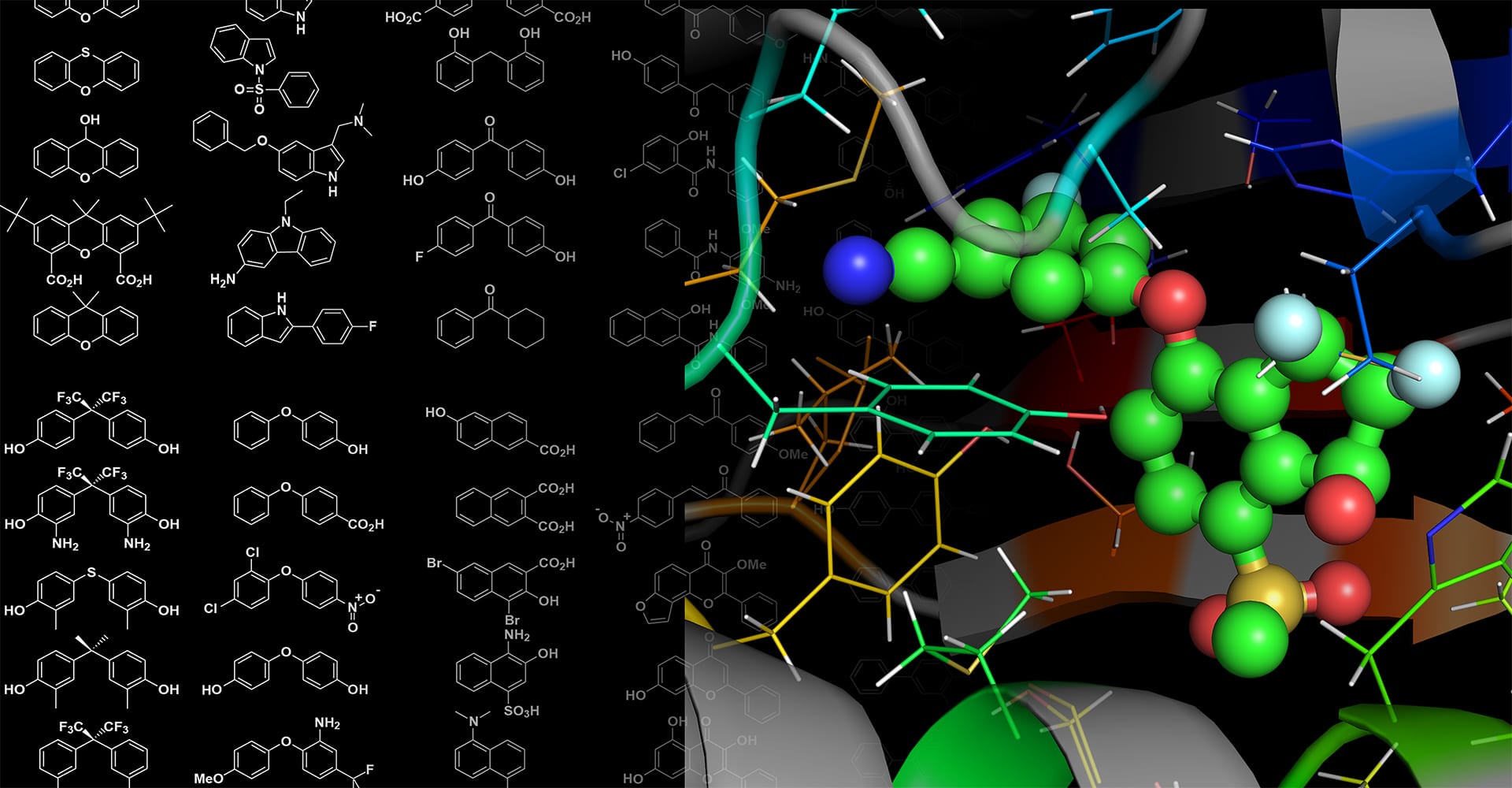Posted on December 1, 2021 in ASRC News, Featured News, Structural Biology Initiative

By Lida Tunesi

Professor Kevin Gardner, director of the Structural Biology Initiative at the Advanced Science Research Center at the Graduate Center, CUNY (CUNY ASRC) and Einstein Professor of Chemistry and Biochemistry at The City College of New York and the Graduate Center played a major role in the development of a drug recently approved by the U.S. Food and Drug Administration, called belzutifan.
The FDA approved belzutifan to treat cancers of the kidneys, central nervous system, and pancreas that do not call for immediate surgery, in patients with von Hippel-Lindau disease. VHL is a rare genetic disease that causes tumors to grow in different parts of the body, some benign and some cancerous.
The drug is also known by the brand name WELIREG and is produced by the pharmaceutical company Merck.
“Belzutifan represents one of those relatively rare bench-to-bedside success stories,” said CUNY ASRC Executive Director Annette “Nina” Gray. “It also shows the impact of institutional investment in basic science research, interdisciplinary collaborations, high-end shared core facilities, technology commercialization, and entrepreneurship – all of which were necessary for Dr. Gardner’s discovery to make it into the clinic and to patients. Dr. Gardner’s expertise in what it takes to translate research into therapeutics has certainly helped guide the CUNY ASRC’s investments in research to support groundbreaking discoveries and innovations.”
The work began in the early 2000s when Gardner, then a professor at the University of Texas Southwestern Medical Center, began studying a protein called hypoxia-inducible factor 2-alpha, or HIF-2α, known to be involved in kidney and other cancers. Along with a UTSW colleague, Gardner deduced key parts of HIF-2α’s atomic structure, showing how it binds to another protein to form a larger complex called HIF-2.
Gardner and his colleagues began screening chemical compounds that could stop HIF-2α from coming together with its partner protein and thus prevent HIF-2’s cancer-related activity. A first screen of 800 molecules yielded hopeful results and was followed by an assay of over 200,000 compounds.
In 2011, Gardner became a founding consultant of the startup Peloton Therapeutics, launched by UTSW researchers to continue this work. After joining the CUNY ASRC in 2013 he continued to consult for Peloton, and the company’s work led to two candidate compounds for clinical trials. Merck acquired Peloton in 2019.
Now Gardner’s research group at the CUNY ASRC is investigating proteins HIF-1 and HIF-3.
“Belzutifan is exquisitely targeted towards HIF-2, and it leaves HIF-1 and HIF-3 alone,” he said. “That leaves some opportunities. There are other cancers driven by HIF-1, and HIF-3 is a little bit of an unknown. We’re continuing the basic science that will not only let us understand how the HIFs work but how they may be druggable.”
Belzutifan is also in phase 3 clinical trials for treating these cancers in patients without VHL disease.
“One thing this experience taught me is the awesome power of interdisciplinary science,” Gardner said. “I’m formally trained as a biochemist, and for this story to have gotten to where it is we needed to talk to other scientists, like organic chemists or people who specialize in clinical trials. You see the importance of getting people with complementary expertise to talk to each other. Now, at the CUNY ASRC, there are people I would never have otherwise met — people in environmental sciences, photonics, or nanoscience, and neuroscience. There’s a tremendous amount of opportunity.”
